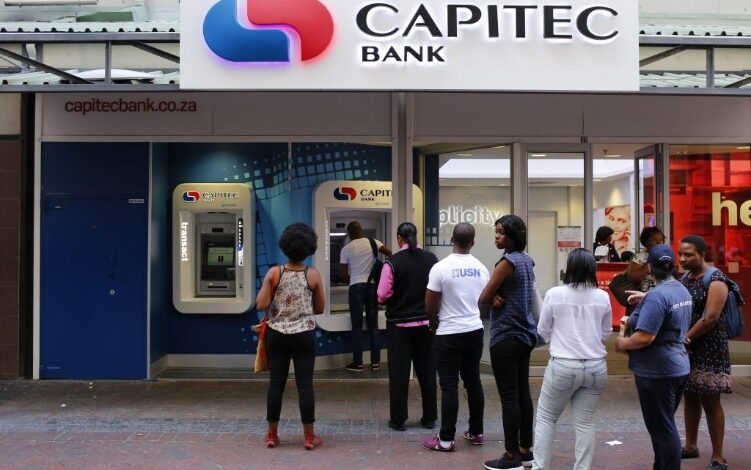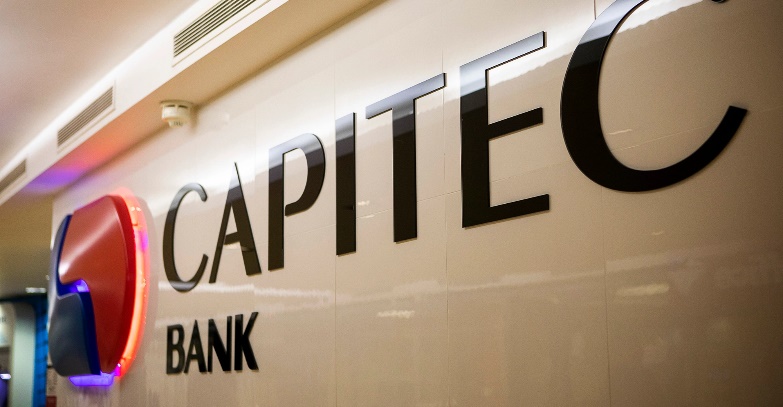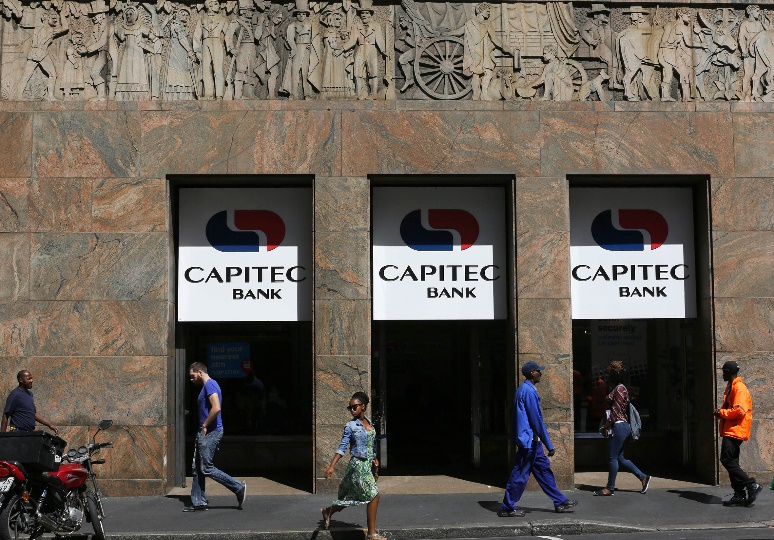
Avellon Williams
SOUTH AFRICA- It appears that South Africans are becoming poorer, according to data from Capitec.

One-third of South Africans rely on the lender for banking services, which says income levels did not keep up with inflation in the last financial year end-February.
While the bank’s clients switched to more affordable products, they spent 16% more on fuel and 8% more on groceries.
In addition, interest rate increases throughout the year increased the value of the average loan debit order by 20%, and the value of the average vehicle finance debit order by 15%.
Against this backdrop, central banks globally hiked rates aggressively to maintain inflation control, with load shedding resulting in almost zero growth in SA by 2023.

According to recent statistics, consumer confidence has also declined in South Africa. From -8 index points in the last quarter of 2022, the FNB/BER Consumer Confidence Index plunged to -23 index points in the first quarter of 2023. Compared to 1994, this is the third-lowest reading on record.
By the end of February, the bank had 20.1 million active clients, which means it had access to roughly a third of the population’s financial information.
“This data allows us to understand our clients and the impact that the current deteriorating economic conditions are having on South Africans,” it said in its 2023 financial results statement published on Tuesday.
Although these costs skyrocketed, Capitec reported just a 4% increase in income into client accounts. Incomes increased by 10% from the previous year.
In response to clients having less disposable income, and to rising interest rates, Capitec reported a sharp rise in credit losses – a metric that indicates clients’ inability to repay their loans.
The credit loss ratio at Capitec’s retail banking division increased to 8% from 4.9% a year ago.
According to Capitec, the credit loss ratio for the 2020 financial year, which immediately preceded the pandemic, was 7.2%. The company said it had been working to relieve some of its clients’ strain.
As a result of higher rates, retail transactional accounts have paid 80% more interest year over year, reaching R1.8 billion. It said clients saved R510 million by reducing SMS notification fees and scrapping in-app notifications.




